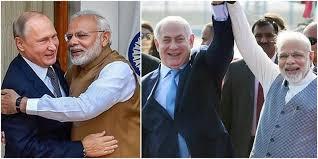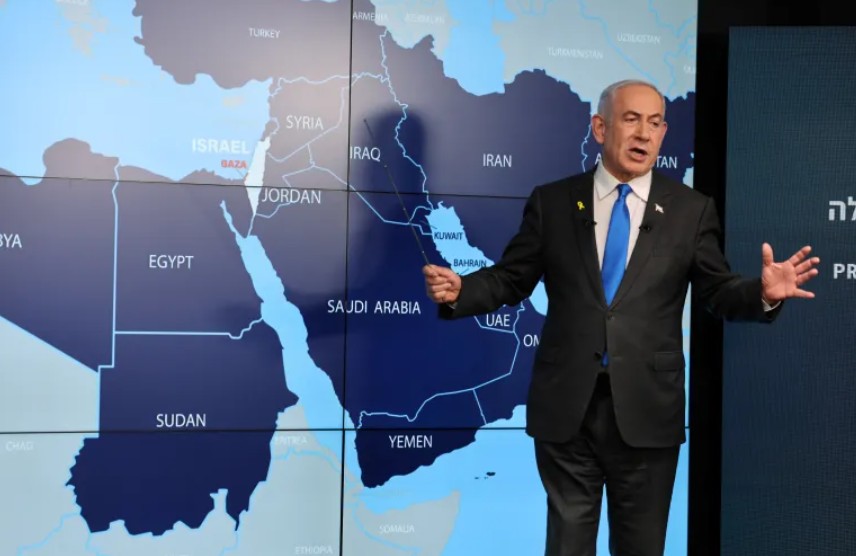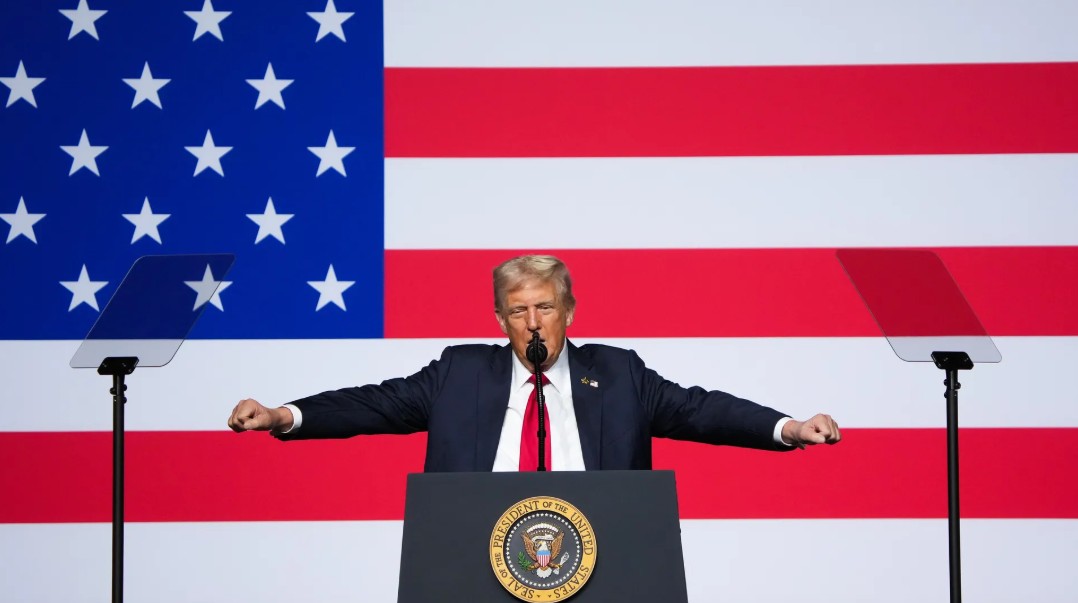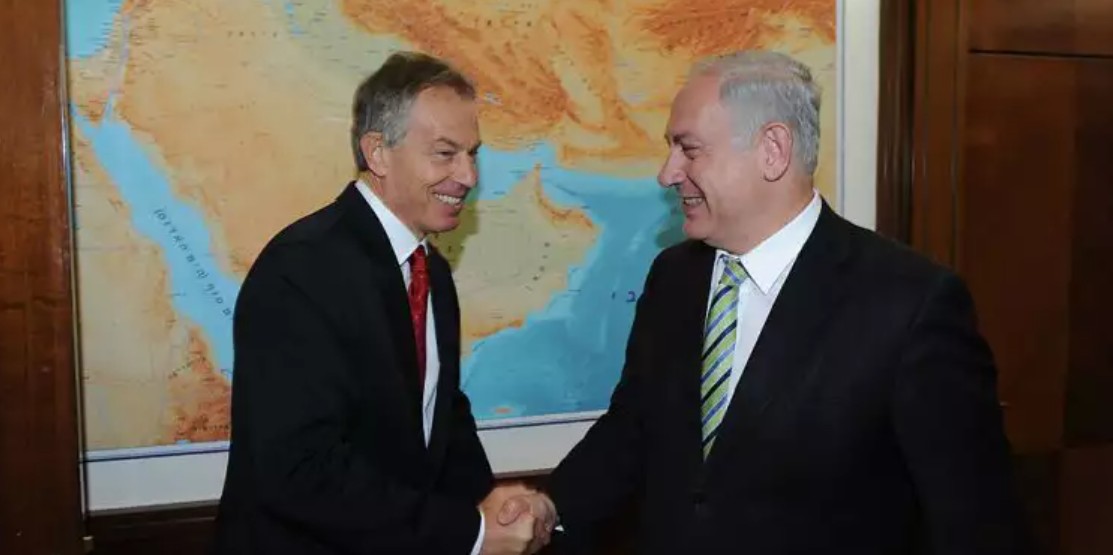Israel’s Drones, Russia’s Double Game, and the Far-Right ‘Anti-Terror’ Axis Fueling Global Repression

In the latest escalation between India and Pakistan, Israeli-made loitering munitions—specifically Harop ‘kamikaze’ drones—have taken centre stage. These drones, designed to loiter and strike targets with surgical precision, were deployed by India against Pakistan, supposedly in retaliation for a deadly attack on Hindu pilgrims in Indian-occupied Kashmir, although their victims have predominantly been civilians in Pakistan. Pakistani authorities have reportedly shot down at least 25 of the Indian drones so far.
Israeli drone technology is, of course, a favourite of various authoritarians, also utilized by Russia in Syria, where the Forpost, a Russian variant of Israel's Searcher drone, was instrumental in Russia's devastating surveillance and bombing campaigns, aiding in target acquisition and damage assessment.
The fresh escalation between India and Pakistan also underlines the deepening alignment between India and Israel, forged through years of military and ideological cooperation. India has now become one of Israel’s largest defense customers, importing nearly $3 billion in equipment over the past decade, including drones, missiles, and radar systems.
It’s the shared narrative, not just the shared hardware, that cements the Indian-Israeli and Russo-Israeli alliances. Especially since the rise of Modi in India, these states have found common cause in vilifying Muslims and consistently justify brutal persecution of and military operations against predominantly Muslim populations, collectively dehumanized through the lens of ‘counterterrorism’, casting themselves as innocent victims and the dissenting populations—Palestinians in Gaza, Muslims in Kashmir and more broadly in India itself — as menacing existential threats. As the NGO Genocide Watch has noted, Indian strategists have even explicitly advocated for adopting the ‘Israel model’ in Kashmir: a murderous militarized response to demands for freedom, justice, and human rights.
Israel’s response to the Pahalgam attack in Kashmir on April 22, which some analysts have suggested was a ‘black op’ staged by India as a pretext for greater repression in the region, was immediate and unequivocal. Prime Minister Benjamin Netanyahu condemned the attack as “barbaric” and reaffirmed support for India’s right to retaliate. Israeli Ambassador to India, Reuven Azar, echoed this, insisting there can be "no safe haven" for such "terrorists." The diplomatic message was clear: Israel backs India, not just militarily, but ideologically.
The civilians killed in India’s nominally retaliatory strikes, as with the 60,000-plus civilians killed by Israel in Gaza since 2003, are airbrushed out of this War on Terror narrative.
Russia’s role in this triangle adds another troubling dimension. In a statement issued on Friday, Russia’s Ministry of Defence reaffirmed “full support to India in its fight against all manifestations of terrorism,” referring obliquely but quite clearly to Pakistan. Yet Russia simultaneously presents itself as a champion of Palestinian freedom, vocally condemning Israeli airstrikes in Gaza.
This duplicity once again exposes the hollowness of Russia’s proclaimed solidarity with oppressed peoples. In practice, Moscow has consistently aligned with authoritarian regimes —backing Assad in Syria, coordinating with Tel Aviv, waging brutal campaigns in Chechnya, and now supporting Modi’s militarized Hindutva nationalism in India — so long as they adopt the “anti-terror” language Russia itself has long used to quash dissent.
This pattern is not confined to the Middle East or South Asia. Across Europe and the West, Russian influence operations have expertly harnessed the language of the War on Terror to bolster and build alliances with far-right, ultranationalist parties that glorify strongman rule and demonize Muslims. The same ideological scaffolding—civilizational conflict, anti-pluralism, and the sanctification of state violence—unites Putin’s Russia with Modi’s Hindutva in India, Netanyahu’s Zionist expansionism in Israel, and their far-right peers and allies in Europe and North America.
What connects these regimes is not simply bigotry, far-right support and repression, but a shared contempt for pluralism. Whether in Gaza, Kashmir, Grozny, or Eastern Ukraine, the real targets of this “anti-terror” alliance are marginalized, predominantly Muslim, communities—those who resist ethnic supremacy or authoritarian rule and demand freedom.
As these global alliances deepen, the world must recognize that “counterterrorism” has become a convenient universal cover for systemic repression. It is no longer just a toxic policy — it’s a global ideological axis. And if left unchallenged, it threatens to normalize a new world order where democracy is hollowed out and crushed, resistance is criminalized, and mass violence is rebranded as self-defence.






